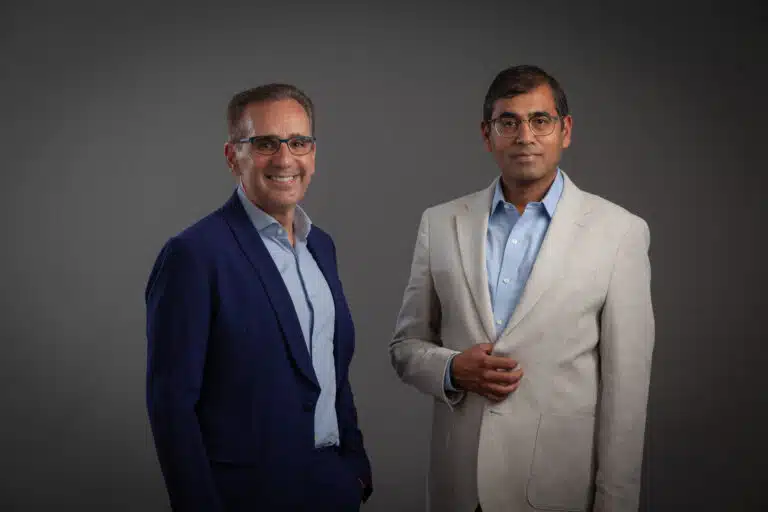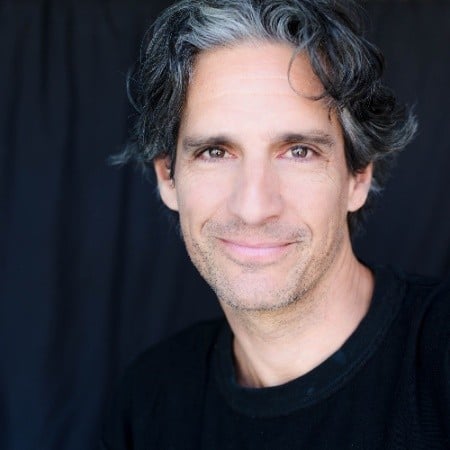And that’s a wrap for Cultivate ‘22! With over 20 sessions from leading experts, our attendees walked away with fresh insights and strategies for getting their organizations future-ready. From solving today’s pressing issues around recruiting, retaining, and reskilling, to exploring new solutions, approaches, and technologies for redesigning the future workforce, there was no shortage of topics covered at the event.
If you couldn’t join us this year, you can still catch all the recorded sessions by registering for Cultivate. Plus, you can sign up for the June 16 Cultivate Europe event.
Three big takeaways from Cultivate ‘22:
Every company is going to be using AI for all HR decisions by 2030
Following his 37-year career with EY, Mike Bertolino now leads his own startup business. EY Skills Foundry uses AI and advanced analytics to create high-performing agile teams right now while developing the workforce of the future. In his opening keynote address, he proposed a human-centric approach to upskilling as organizations anticipate the fifth industrial revolution and witness the pervasiveness of AI and big data.
As he kicked off Day 2 of Cultivate, Josh Bersin emphasized that above all else, the ability for organizations to reskill and redeploy their people will define the leaders of tomorrow. Bersin said we learned during the pandemic that people are “infinitely adaptable” to change. Leaders can tap into this universal resilience and make sure every individual can use their unique set of skills for their organization. He talked about a company that downsized thousands of employees, even though many could have been redeployed in areas where the company was growing. In the long run, the company suffered, having let go of thousands of people’s valuable skills and potential.
As companies continue to turn to new technologies to inform upskilling strategies, Bersin predicts the adoption of AI and talent intelligence as inevitable. Sarah Pearson, from the Defense Innovation Unit of the U.S. Department of Defense, agreed. “No one human can understand a candidate,” Pearson said. The DIU is using Eightfold on a new initiative to match Reserve and National Guard talent for defense-department work.
No shortcuts to DEI
In a fireside chat with Eightfold’s executive leadership team, former OFCCP Director Craig Leen underlined the role that human bias plays in creating equitable talent processes for underrepresented groups, including women and people of color. Leen is particularly focused on ensuring that people with disabilities are not left out of critical talent decisions. Making data-informed talent decisions enables organizations to understand which areas are underrepresented, and correct inequities, for example. “It’s AI that will ultimately address this,” Leen said. Within 10 years, every company will use AI in tandem with people to make all of their employment decisions, he says.
Leen also joined the EEOC Commissioner Keith Sonderling on an interesting Day 1 panel. The message there: You cannot try to fix pay-equity issues by giving people a raise because of their race, ethnicity, or gender. “There are no shortcuts,” Leen says. You have to see if there’s an actual pay disparity. Rather than set quotas and preferences, providing equal opportunity means giving everyone a fair shot based on merit.
Competing for talent
Despite some news of slowdowns in a few tech companies, the tight competition for talent was a common theme at the summit. In a session with Odgers Berndtson and Mercer about the post-pandemic labor market, Mercer’s Ted Patchet said that for a lot of recruits in the technology field, even a company request for two days in the office is causing job prospects to say no.
Patchet warned attendees of the risk of slow hiring processes. If you’re flying people out, drawing out the hiring process with multiple interviews over multiple weeks, it’s too slow. “Every candidate out there is getting multiple offers,” he says, and you need to get your offer in their hands quickly, he said.
And Prudential’s Vicki Walia said that while upskilling should be seen as a positive, employees are already burned out, spending months working extra hours while, for example, teaching their kids math. “People are still overwhelmed,” she says. Think about how you can help them, not load more on them, she says. As an example, rather than making upskilling an add-on, you might try no-meeting Fridays, where employees have a chance to catch up on work and take a course.
Discover these learnings and more by tuning into the on-demand Cultivate sessions. Most sessions are available for SHRM or HRCI credits. You can access the credit number at the end of each session.




